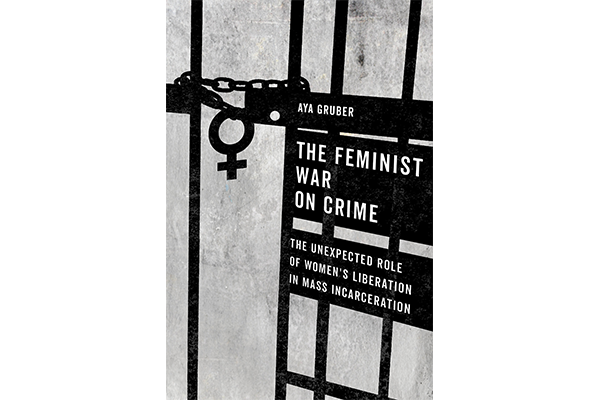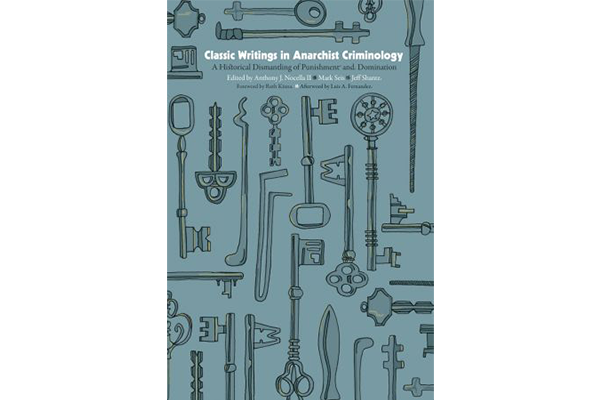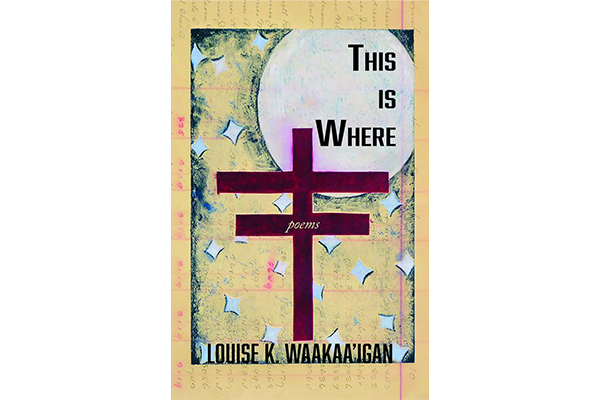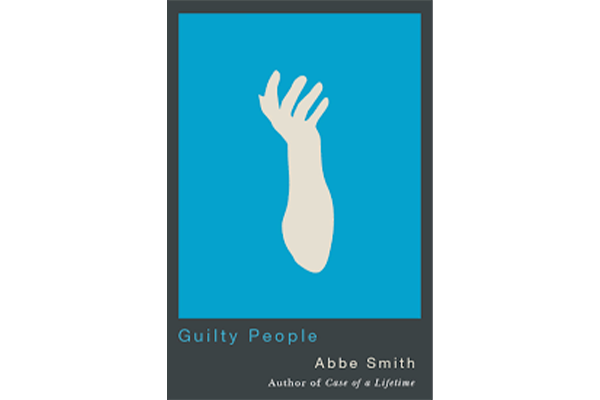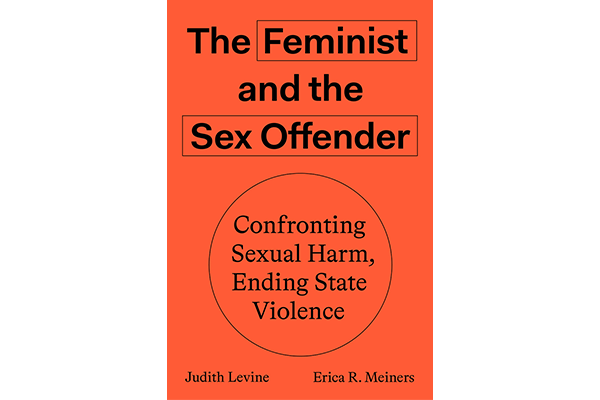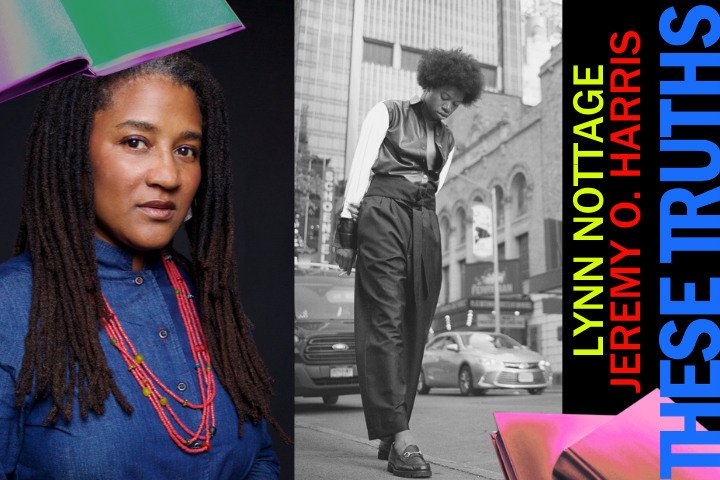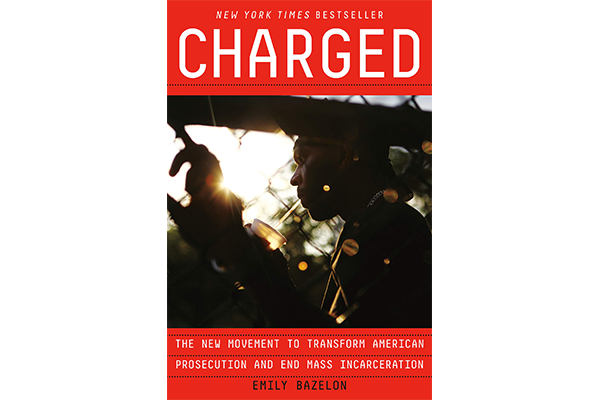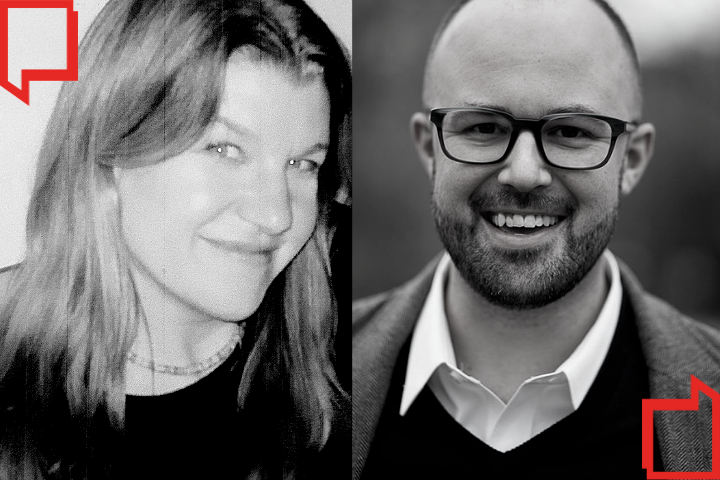
These dual essays were written by Elizabeth Hawes and Jeffrey James Keyes, 2020 honorees for the PEN America/L’Engle-Rahman Prize for Mentorship.
Elizabeth Hawes
I have been incarcerated since October 2008. I’ve written a novella, essays, memoir, short stories, and poems that have won awards and been published. In 2017, I wrote a play called Supernova. I knew what I wanted to say and how I wanted the story to be told—what I needed was confidence and help structuring my many scenes. I was looking for a mentor who was a playwright. I needed another set of non-prison playwright eyes to look at my written conversations and guide me. Was what I had written clear? Was putting a Busby Berkley-style ballet in the middle madness or fantastic? Did the play as a whole come across as too heavy or too sad? I am a confident writer but had many questions and doubts. I asked PEN America if they could pair me with someone who had experience in staging a play.
The PEN America Prison Writing Mentorship Program connected me with Jeffrey. Jeffrey is a playwright from the Midwest who lives in New York. I was so excited when I got his introductory letter. In his initial correspondence, he told me that he had read some of my work online and thought it was beautiful. He pulled out specific lines of a poem I had written and said they blew him away. Jeffrey also said he was really excited to work with me and sent me a short play he had written. By reading his work, I could see his style and POV. I liked both. Writing is vulnerability. By allowing me to see his work, Jeffrey opened himself up, and I felt safe to confide in him. I trusted him to steer me in the right direction. A playwright is more than a writer; they are a visionary. They are the architect of the blueprint who makes the party.
Jeffrey never made me feel like a charity case. I felt respected as a fellow creator. Our working relationship felt like collaboration—much like the time before rehearsal begins when people are tossing around ideas to find the most interesting way to present the script. An important part of this mentorship was in helping me with sequencing. Jeffrey helped me build an arc from dozens of monologues and dialogues, and helped me format my work into two acts. He loved the dance number! (When I got his letter saying this, I was so happy. I thought the dance would be cool, and Jeffrey could see its coolness. I was not crazy!)
One of my questions revolved around casting. I was concerned about production costs. Should I write it for a cast of eight (and one child) and have the actors rotate roles, or should I write it for a large cast—showing more diversity and the cramped conditions of prison—production costs and space limitations be damned? Jeffrey told me that while either way would be fine, he recommended that I write it as I would like to see it staged in its most perfect form. He said to let the director deal with how to present it—the space, the budget, and size of cast would be their problem! He reminded me that people are creative, and I could trust them to figure out how to make it happen. Jeffrey said to not think as a producer but as an artist. I knew that to be true, but had forgotten. He was right. He gave me useful feedback like that throughout the process.
This winter, Supernova is being pitched to the Level Nine program at the Guthrie Theatre. There is discussion of it being shown at this year’s International North American Doula Conference. The play is formatted in such a way that it can be staged simply, like The Vagina Monologues; or if a group wants to discuss just one component of women and incarceration (such as addiction or mental illness), the play can be broken apart and presented in segments; or it can be presented full-throttle with a cast of 53 women (and one child).
Regardless of where my play lands, I know that it is good. It is moving and interesting and relevant to the conversation of mass incarceration. I present it with confidence. Jeffrey gave me confidence. He understood what I was trying to do and helped me get there.
In the transitory world of theater, people are often thrown in with a new cast for a short period of time. You meet people you adore and/or respect, and then suddenly, as quick as you met, you say goodbye. It’s not sad, it’s golden. You appreciate the magic moment in time when those people made you better at your craft and as a person. Jeffrey’s mentorship has been that to me. A brief, yet important connection that helped produce something that was very important to me. From one artist to another, I know we both left each other feeling valued and empowered.
Jeffrey James Keyes
In the midst of the pandemic, I received the most wonderful surprise: I had been recommended and chosen for the inaugural PEN America/L’Engle-Rahman Prize for Mentorship. Over the past few years, I’ve become a tremendous fan and champion of the PEN America Prison and Justice Writing Program. I wanted to become a mentor because I wanted to give back to other writers, but I didn’t know how. In a public service announcement in support of National Mentoring Month, the late great Maya Angelou stated, “In order to be a mentor, and an effective one, one must care. You must care. . . know what you know and care about the person, care about what you know and care about the person you’re sharing with.” I was fortunate to have many great mentors. The tips and notes these mentors provided me were instrumental in helping me to grow into the artist I am today, and gave me the confidence and courage to create and embark on a profession in the creative arts. When I read about the program through PEN America, I knew it was the right opportunity.
On May 29, 2018, I was delighted to receive an email from Robert Pollock, Prison Writing Program Manager at PEN America, that started with:
Dear Jeffrey,
I’m excited to tell you that we have a Mentee for you!
The name of your Mentee is: Elizabeth
This email was the start of what I consider a serendipitous mentorship opportunity. I was riveted by the work Elizabeth initially sent me. Her writing was electric. I was immediately taken aback by the nuance and level of clarity in her storytelling. I looked forward to every letter and sample I received from her. Elizabeth is a fearless storyteller. I immediately picked up that she had an urgency to produce high-quality work. In July 2018, Elizabeth sent me a sample of an ambitious and extraordinary full-length play called Supernova. In her submission, she wrote, “Supernova is a full-length play that listens to women, looks at the benefit of continued prisoner contact with children of incarcerated parents, and suggests the need for policy that gives rights to the children of prisoners within the criminal justice system.” I hung onto every word and continued to with each submission. I found myself reading Elizabeth’s submissions not once or twice, but three or four times because the material was so compelling.
On May 8, 2019, I brought my best friend to an event at The People’s Forum called “Exposure: on writing in prison.” The event was part of the PEN World Voices Festival, an extraordinary weeklong celebration of literature from around the world. The evening was put together largely by Robert Pollock and Caits Meissner, Prison and Justice Writing Program Director. I knew the material would be strong, but I was completely blown away by what we heard that evening. The caliber of the work presented left me speechless. An excerpt from Elizabeth’s “Edify” was performed by Kirya Traber, and “Exposure” was performed by Mahogany L. Browne. We listened to Browne as she spoke the vulnerable truth bombs set off by Elizabeth’s carefully constructed words. In “Exposure,” she writes, “Writing as a prisoner ties their name to the label of a felon. A prisoner must ask themselves, am I willing to put myself out there? To possibly be talked about (again)? To be judged (again)? And, more importantly, is this the story/play/poem/idea worth my vulnerability? Will people listen or judge? While all artists/writers question the value of their work and wonder who is viewing it and how it is being perceived, a prisoner who is an artist or who writes always carries the added burden of having to apologize for their past. Or for a piece of their past, or for one afternoon of their past or for one minute of their past.”
I looked out at the audience as they leaned in, hanging onto her every word. After the program ended, I wiped my eyes and didn’t want to leave my seat. I didn’t want to stop listening, learning, taking in the experience Elizabeth and the extraordinary writers had created for us that evening. The only thing that was physically missing was the writers themselves. There wasn’t an empty chair in the house that evening, but I paused for a moment and imagined Elizabeth and the other writers there, in the front row, taking in their words that were delivered by a talented lineup of local performers.
It was an honor to collaborate with Elizabeth. I admire her devotion to the craft of writing and the high-quality work she produces. Over the past few years, Elizabeth has become a multi-PEN America Prison Writing Award-winning writer. This year alone, Elizabeth has received awards in two different categories. Learning of her recent accolades, and hearing about how her play has grown and advanced through the submission process at a variety of reputable organizations, is thrilling but no surprise to me. I am grateful for our partnership through this extraordinary program and happy to have worked so closely with someone I consider to be a necessary voice of our generation. I am grateful for the experience PEN America has provided by introducing us and partnering with many writers through this exceptional program.

